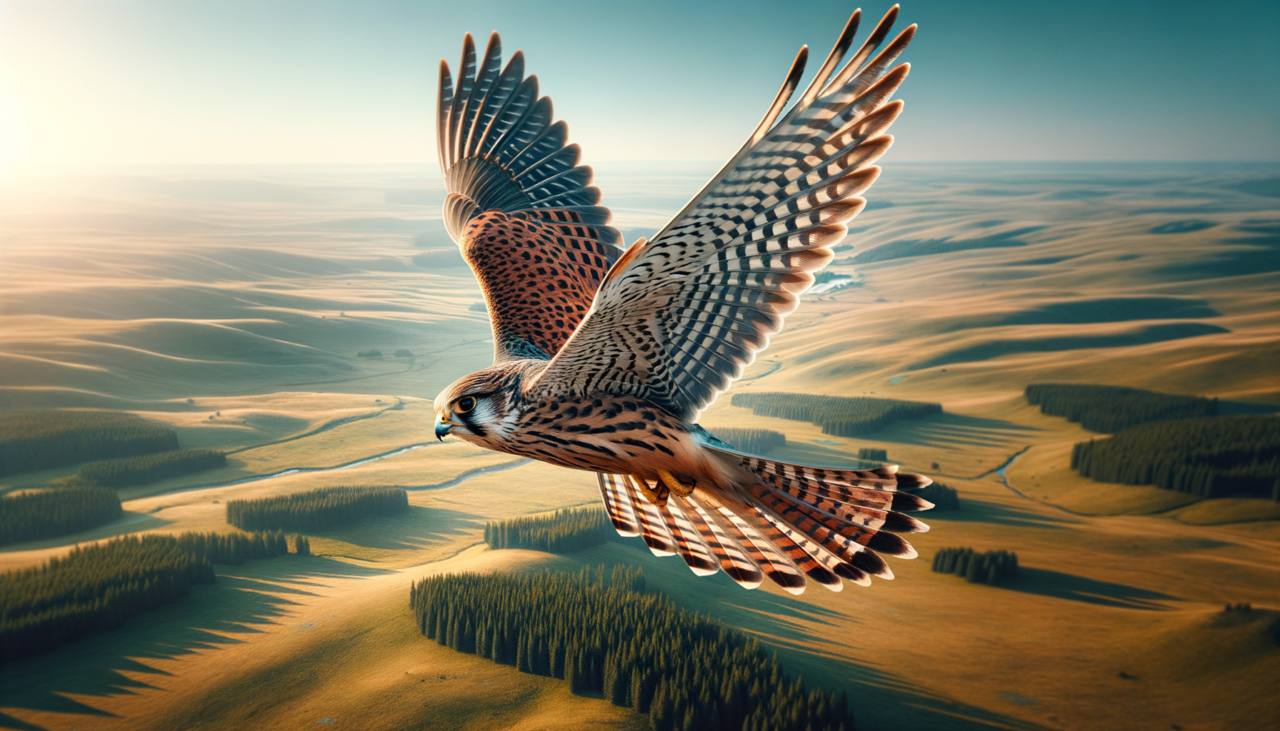In the serene tapestry of the skies, the falcon emerges as a swift and majestic thread, weaving tales of speed and precision. Falcons, often revered for their unparalleled hunting prowess, are among the fastest creatures on Earth. The peregrine falcon, in particular, is known to reach speeds of over 240 miles per hour during its iconic stoop, a breathtaking dive that leaves onlookers in awe. But amidst this spectacle of speed, a gentle curiosity arises: how much does this agile raptor weigh?
A typical falcon’s weight ranges from 1 to 3.5 pounds, depending on the species, with females generally larger than males. The peregrine falcon, for instance, usually weighs between 1.5 to 3.5 pounds, balancing its need for speed with the strength required to hunt.
Falcons have graced the Earth for millions of years, their lineage tracing back to ancient times when they were revered by various cultures. In Korea, falcons are cherished not just for their hunting skills but also as symbols of vigilance and nobility. Weighing a falcon, though seemingly simple, requires a gentle touch and a deep understanding of these elegant birds. It’s not merely about the numbers on a scale, but a reflection of the bird’s health and vitality.
Knowing the weight of a falcon is crucial for conservationists and falconers alike. It offers insights into the bird’s well-being, helping experts monitor its health and ensure its ability to thrive in both the wild and captivity. In the words of a traditional Korean proverb, “Even a sheet of paper is lighter when two people lift it.” This reminds us that understanding and preserving these magnificent creatures is a shared responsibility, one that requires both knowledge and compassion.
As you sip your tea and ponder the mysteries of the natural world, let the falcon’s tale remind you of the delicate balance between strength and grace, speed and weight. It’s a dance as old as time, one that continues to inspire and captivate across cultures and generations.

Comments (0)
There are no comments here yet, you can be the first!